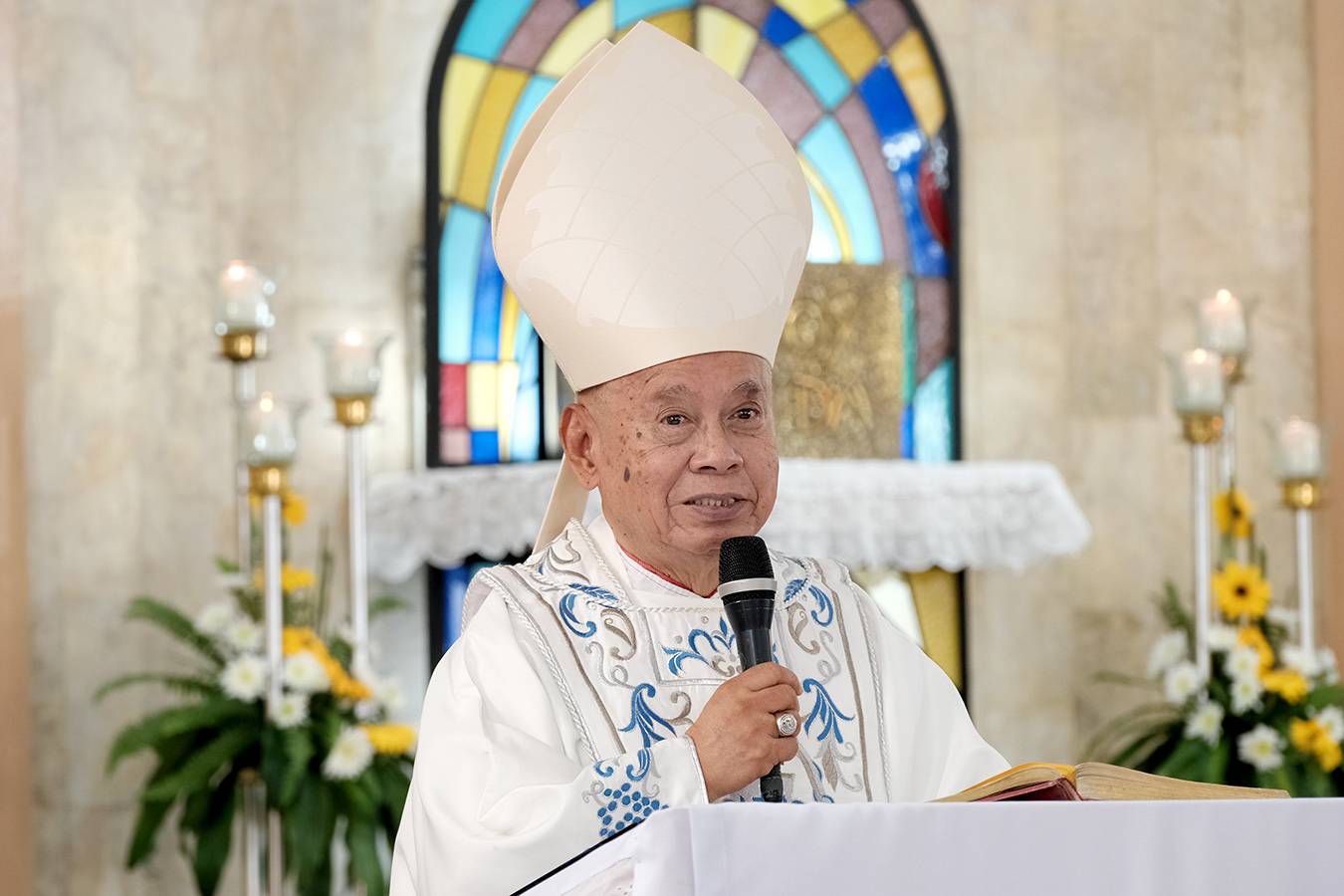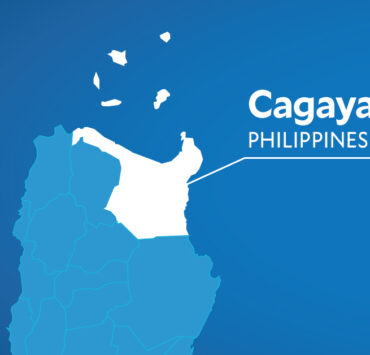Marcos’ help sought to break peace ‘impasse’

DAVAO CITY—A gathering of peace advocates convened here by Cardinal Orlando Quevedo is seeking an audience with President Marcos to thresh out an emerging impasse in the Bangsamoro peace process, particularly on the issue of decommissioning the combatants of the Moro Islamic Liberation Front (MILF).
Quevedo, the archbishop emeritus of Cotabato, said he would bring at least five leaders of the 68 participants in the three-day gathering for an audience with the President to urge him to convene the peace panels of both the government and the MILF to a meeting so they could iron out issues affecting the implementation of the Comprehensive Agreement on the Bangsamoro (CAB), the landmark peace deal signed by the parties in 2014.
Quevedo said that apart from decommissioning, issues on wealth sharing and transitional justice and reconciliation, which are enshrined in the peace agreement, should also be addressed.
The cardinal noted that civil society groups had played a crucial role in the parties’ 17-year negotiations.
Now that tensions “threaten to derail crucial dimensions of the peace process,” civil society organizations again hope to bridge a dialogue between the parties to break the developing impasse.
“He will be there and he will surely listen,” Quevedo said when asked how confident he was that Mr. Marcos would listen and allow the two implementing panels to meet.
“[The President] will listen to various voices that represent civil society organizations in ‘Titayan’ (Maguindanao word for bridge), people of different faiths and cultures, indigenous peoples, religious leaders, the Muslims, the Darul Ifta and religious leaders of various faiths,” he said.
Suspension
The MILF leadership earlier suspended the final phase of decommissioning of its combatants and their firearms until the fulfillment of other aspects of normalization, particularly the socioeconomic package promised by the government, would keep pace.
“[Regarding] the impasse on decommissioning, we have to ask the President to make the MILF panel and government panel meet to thresh out these issues and to discuss the steps forward after these issues are taken care of,” Quevedo said. “The issue is not something insoluble, it’s a matter of dialogue between [the] two implementing panels,” he added.
Titayan is a gathering of civil society groups, including representatives of the peace panels of the MILF and the government, that first convened in 2016, following the 2015 Mamasapano tragedy which affected the passage of the then Bangsamoro Basic Law that spelled out the charter of the autonomous region.
A watered-down version of the law, the Bangsamoro Organic Law, was eventually passed and ratified during the Duterte administration.
Bangsamoro Education Minister Mohagher Iqbal, chief of the MILF peace implementing panel, also raised the change of leadership in the Bangsamoro Autonomous Region in Muslim Mindanao (BARMM) seven months before the region’s first parliamentary elections and the fact that only 35 of their 41 nominees for members of the Bangsamoro Transition Authority, the region’s interim government, was appointed by the President.
Civil society organizations have asked the government and the MILF to sit down for a dialogue than engage in word war so the momentum of peace gains in the BARMM would not be derailed.
Engagement
Different nongovernment networks, mostly working on peace and development initiatives in Mindanao, issued statements on Tuesday asking the parties to keep engaged, in the interest of sustaining the Bangsamoro peace process.
The Coalition for Social Accountability and Transparency (CSAT), composed of 35 groups throughout the BARMM, told the parties to “sit down and iron out gaps in the implementation of the normalization (aspect)” of the CAB.
The Council for Climate and Conflict Action Asia (CCAA) and the Institute for Autonomy and Governance (IAG) were worried that the recent decision of the MILF leadership to suspend the decommissioning of its combatants could stall the peace process.
“This turn of events sinks any hope of a peaceful parliamentary election in October, as the MILF and its political party, the United Bangsamoro Justice Party, heads to the polls without having accomplished full decommissioning,” read the joint statement of CCAA and IAG.
“This fortuitous event bolsters a glaring truth that now stares everyone in the face—that peace in the South will remain extremely fragile. Hostile internal conditions will continue to persist and prevent the Armed Forces of the Philippines from refocusing its attention and resources to external threats that loom over the horizon,” they added.
CSAT took exception to the MILF’s July 26 pronouncement “as it may be interpreted by the broader public as a strong warning” to the government.
It also raised a concern over the release of positions on peace implementation issues which are shared to the public “without sufficient context.”
“These pronouncements risk misinterpretation and may inadvertently contribute to confusion or tension among stakeholders,” the group added.
In another statement, 27 organizations urged the government and the MILF to convene an immediate meeting of their respective peace panels to resolve their differing perspectives about how the CAB had been carried out and needs to be carried out moving forward.
“Peace cannot wait. Peace must be realized—now,” the groups said. —WITH REPORTS FROM DREMA BRAVO, EDWIN FERNANDEZ, LEAH AGONOY AND RICHEL UMEL

















